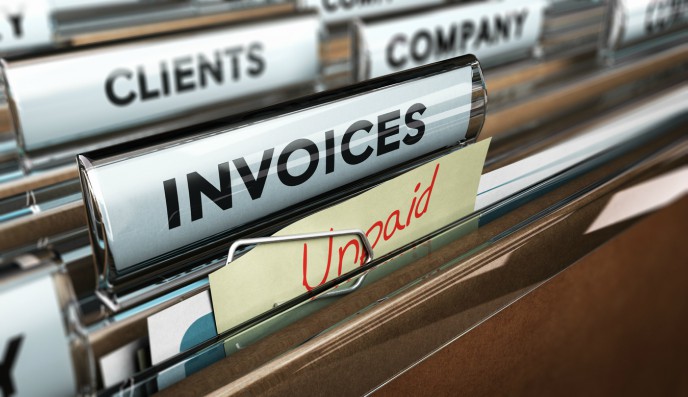One of the biggest cash flow issues facing businesses is the perennial problem of late payments, which causes an estimated 50,000 companies to become insolvent every year.
According to the Federation of Small Businesses, more than eighty per cent of companies are paid late, and one in three businesses claims the situation is becoming worse. BACS, the electronic payment processor, recently disclosed that nearly half of SMEs have struggled with late payments, with a total of £13 billion owed to them.
The government attempted to address the issue by setting up the Prompt Payment Code (PPC) which sets standards for payment practices and best practice and is administered by the Chartered Institute of Credit Management on behalf of the Department for Business, Energy and Industrial Strategy (BEIS).

Compliance with the principles of the Code is monitored and enforced by the Prompt Payment Code Compliance Board. However, as of April this year, only 2300 organisations had signed up out of over five million businesses in the UK.
There are many different reasons why companies pay invoices late. Common misconceptions are that companies are trying to hold onto funds to gain more interest, or manage their working capital, but it could be that the offending company is also waiting for a payment, with the inevitable knock-on effect all the way down the supply chain.
Other reasons include inefficient internal systems, incorrect processing due to human error, convoluted procedures involving multiple input, or just a simple lack of organisation. All of these issues can be exacerbated if, as is the case for many small businesses, the billing process is still paper-based. A recent survey found that companies which use electronic invoicing are likely to be paid four days faster than those which don’t. It also provides an audit trail which is binding in the event of legal action becoming necessary.
If you run a paper-based business, our bookkeeping software specialists can help you transfer to a reliable electronic system quickly and efficiently, and provide helpful, jargon-free training which could make a big difference to your cash flow issues.
Running an SME means you won’t have time to chase late payments, but on the other hand the business’s survival depends on getting the money in. This is where professional bookkeeping advice can mean the difference between coping and going under. Our firm and courteous credit control service [INSERT LINK https://amrbookkeeping.co.uk/credit-control] can take the awkward process of chasing your customers out of your hands, and work with you to establish a robust process for handling future credit issues.
Get in touch with our friendly team at AMR Bookkeeping Solutions and let us shoulder the weight of your late payment problems.







